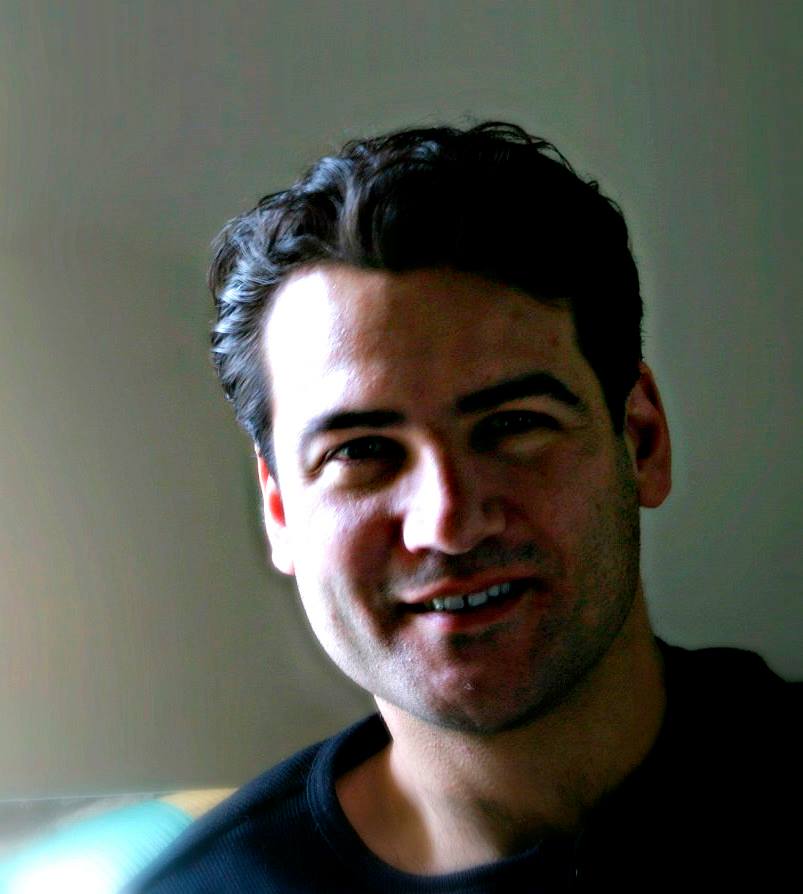About
Marcel Zidani studied Piano, under the direction of Royal Academy Vice-Principal Mark Racz .
In June 2017 Marcel won 2nd prize in the European Piano Teachers Composer Competition for his composition for piano - ‘The Clock' and in 2015 the famous pianist Leslie Howard nominated Marcel’s composition ‘Butterflies’ for the British Composer Awards, describing the music from his Life Cycle CD as, ‘an excellent piece, beautifully written for the piano’.
Marcels music is played quite frequently heard on radio stations including BBC Radio Hereford and Worcester, Radio Bristol, Somerset, Wiltshire and more.
Katie Derham on Radio 3 recently said of ‘Butterflies’ ‘what a beautiful piece’.
Marcel has performed extensively at music festivals throughout the UK, as well as giving concerts locally and in the Midlands. In May 2018 Marcel performed and recorded his compositions live at Hay festival in conjunction with BBC Hereford and Worcester. Presenting the show Andrew Marston said ‘Outstanding, complex and beautiful – simply put, the most incredible piano player I’ve ever seen'
Marcel is the author of ‘Hey Presto’ a unique and fully comprehensive, piano method for older beginners and adults, that focuses on the use of the sustain pedal to achieve a rewarding sound straight away. Educational material is available on www.golddustmusic.com.
Radio 3 described Marcel as a ‘Musical Gem’ and likened his compositional style to that of Chopin, Liszt and Satie.
You can listen to Marcel’s recordings, read reviews and view performances on his website and on Youtube.
